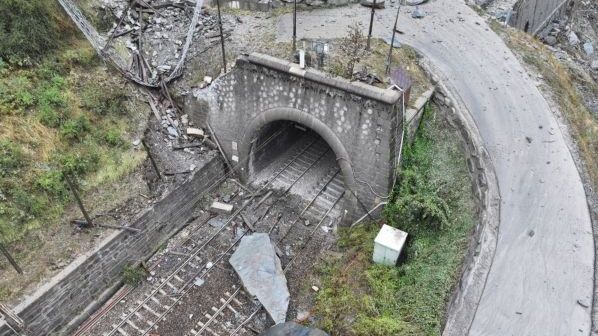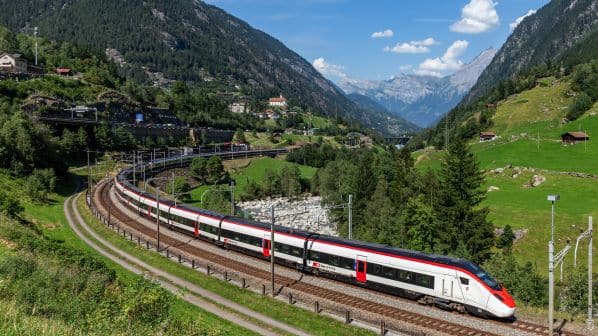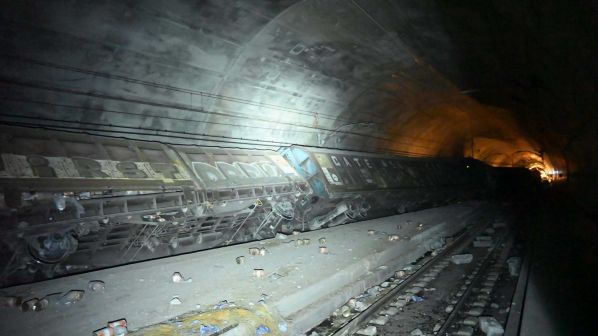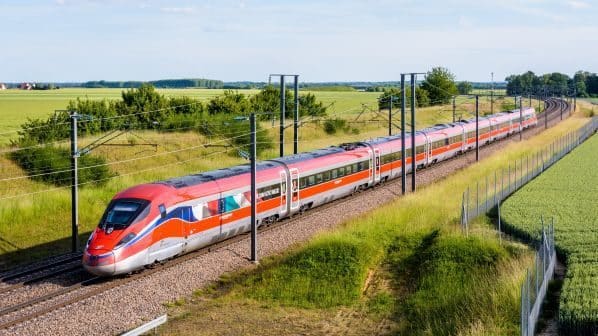WORK must be accelerated to repair the Gotthard Base Tunnel between Switzerland and Italy, and make good the damage caused by the landslide that has blocked access to the Fréjus Tunnel between France and Italy, the European Rail Freight Association (ERFA) says.
In the meantime, priority must be given to freight trains when allocating the limited capacity now available on these major trans-Alpine crossings, ERFA adds.
Swiss Federal Railways (SBB) says that repairing the damage to the western bore of the Gotthard Base Tunnel caused by a derailed freight train on August 10 will take until September 2024 to complete.
The Fréjus Tunnel remains inaccessible following a major landslide between Modane and St-Michel-Valloire in the French Alps on August 27. There currently no forecast as to when the line between Modane and Chambéry will reopen.
“The direct impact of the closures is estimated to cost Italian railway operators around €50m per year due to a drop in revenues and extra costs. This could rise to an additional €140m in the longer term,” ERFA says. It adds that rerouting all freight traffic using the Alpine passes, amounting to 170 million tonnes a year, is not a viable option.
ERFA is now calling for a Europe-wide review of future closures for infrastructure work on major trans-Alpine routes so that freight capacity can be secured in advance.
Freight track access charges should be frozen, and ad-hoc economic measures introduced to compensate freight operators affected by the closures, which are currently estimated to last for most of 2024.
“When clients are forced to switch to other modes of transportation for 18 months, it is difficult to get them back,” says Ms Silvia de Rocchi, regulatory affairs director at Captrain Italia.
“The coming months will be extremely challenging for the rail freight sector in the region.”




